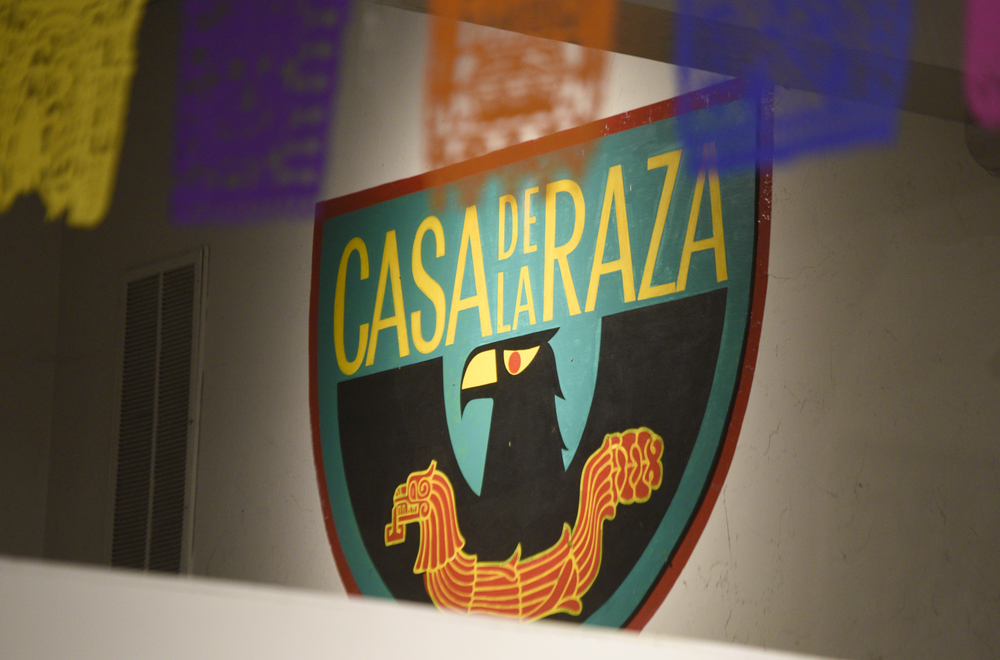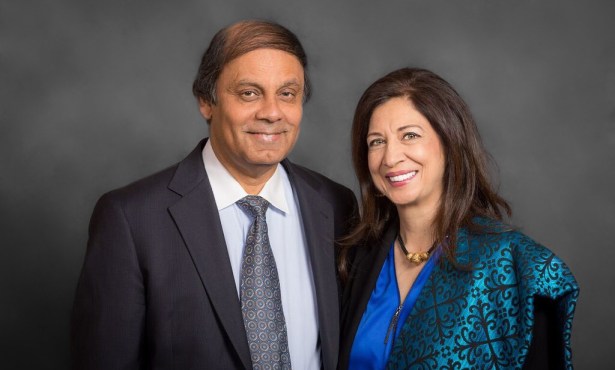Plug Finally Pulled on La Casa de la Raza
What’s Next for Santa Barbara’s Embattled Cultural Center Remains Unclear

Perhaps no cultural center in town has experienced so prolonged and so operatic a death rattle as La Casa de la Raza, located at 601 East Montecito Street on the city’s Eastside, which was reportedly finally sold at auction sometime in March to its leading creditor Tomas Castelo, who — incidentally — was also the organization’s very first president back in 1971.
What Castelo plans to do with the old 26,000-square-foot building — a reconstructed onetime lumber supply center — remains uncertain. According to Lanny Ebenstein, who attended a meeting with Castelo this Monday morning, the plan is to create a temporary Founders Holding Trust to own the property pending final determination for future plans.
When La Casa opened in 1971, it marked an infrastructural celebration of Latino pride that was just coming into its own. La Casa was designed to function as a political, cultural, educational, sports, and service center for the Latino community throughout the South Coast, and for many years, it did just that. It offered a low-rent venue for all kinds of concerts, featuring a range of headliners that transcended any neat demographic cubbyholes. It served as a launching pad for such groups as Bici Centro, Zona Seca, and PUEBLO, a precursor to today’s CAUSE.
But for the past 15 years, La Casa has experienced chronic financial woes. First, there were tax problems. Then by 2010, things had gotten so bad that banks were threatening foreclosure. It was at that point that Castelo, who’d morphed into a successful real estate investor since his days at La Casa, bailed out the ailing nonprofit. It would not be the last time. By 2012, Castelo claimed he was owed more than $500,000 for a building that was rumored to be worth anywhere from $3 million to $5 million on the open market. Over time — with interest and penalties — Castelo claimed the debt had expanded to something north of $1.5 million.
In all this time, there were numerous efforts to save La Casa from ruin, but to no avail. Efforts by leaders in the nonprofit community to quietly intervene went nowhere slowly. At one point, the La Casa board of directors sought to sell out to developer and landlord Ed St. George, but that deal exploded not so quietly. After that, there was an effort to sell to the Housing Authority, but that fizzled when Housing Authority officials took a look at La Casa’s underlying debt and the building’s development limitations. La Casa might have great bones — to use the real estate vernacular — but it has no parking. Potential zoning and environmental challenges also gave number crunchers with the Housing Authority serious pause. And that was only the beginning.
In 2016, the board sought to declare bankruptcy, but Castelo challenged that, claiming the board of directors was not legally constituted and so could not legally pull the plug on itself. Bankruptcy Judge Deborah Saltzman agreed that the board had no standing to begin Chapter 11 proceedings, and she dismissed the case in 2018.
In September 2019, La Casa’s new leadership team initiated a GoFundMe campaign but got nowhere near their $2 million goal. By January of this year, relations between Castelo and the new board of directors had achieved new levels of toxicity, with La Casa champions excoriating Castelo for adding so much in interest and penalties to the initial debt and suing him, unsuccessfully, in court. Castelo has insisted in previous interviews that his intention has been to maintain La Casa’s essential function by serving the Latino community in some fashion, but with a stable leadership team at the helm. What happens next remains to be seen.



